A 19-year-old youth allegedly having sleepwalking condition died after falling from the sixth floor of a building in Mumbai. Formally known as somnambulism, it is a behaviour disorder that originates during deep sleep and results in walking or performing other complex behaviours while still mostly asleep read more
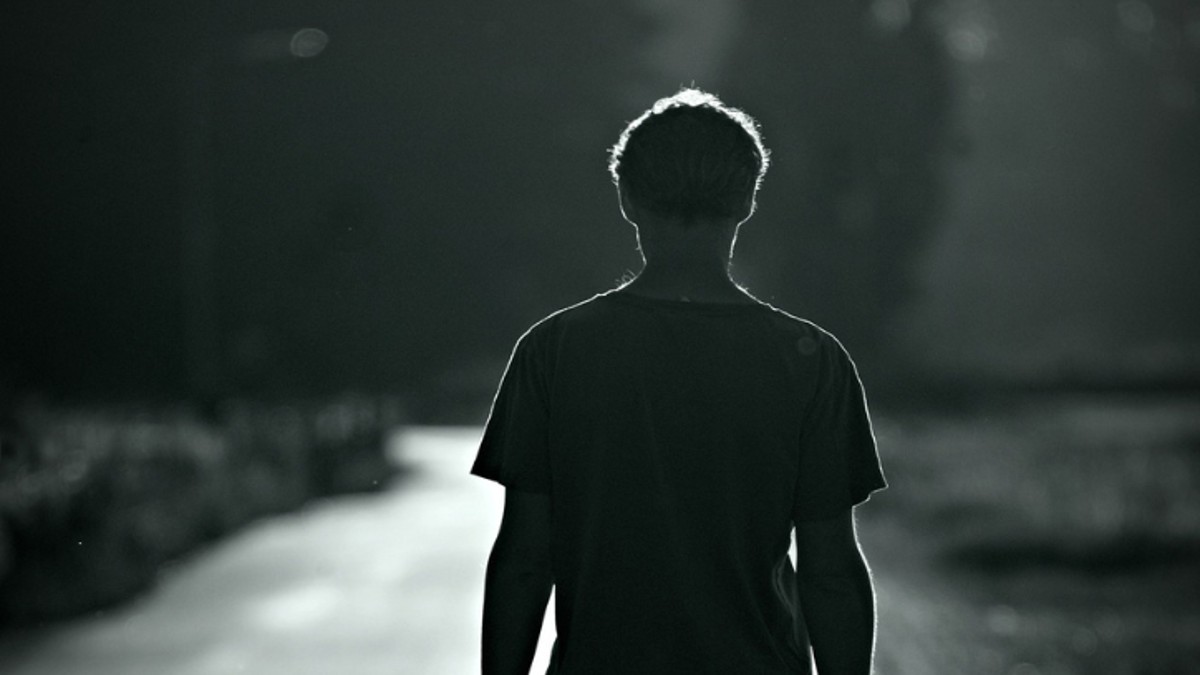)
A stage between sleep and being fully conscious is called sleepwalking. Representative Image/Pixabay
Sleepwalking is somewhat common, especially among children, but it is not a harmless occurrence.
A 19-year-old youth died on Sunday morning after he fell from his sixth-floor residence on a building’s third-floor podium in Mumbai.
The victim was suffering from a sleepwalking condition.
Here’s how a seemingly harmless ailment can turn fatal.
The incident
The fatal incident took place at around 5 am on Sunday at the Aqua Gem Tower on Nesbit Road in the Mazgaon area in south Mumbai, an official said.
Mustafa Ibrahim Chunawala was found lying unconscious at the podium on the building’s third floor, he said.
According to PTI, after receiving information, police reached the spot and rushed the man to Saifi Hospital, where doctors declared him dead before his arrival, the official said.
Chunawala was having the issue of “somnambulism” (sleepwalking), he said.
“His mother had woken up for prayers in the morning. Chunawala fell from the sixth floor to the third-floor podium. Hearing a thud, the family rushed to see what had happened and found Chunawala lying on the podium. He was rushed to the hospital and was declared dead upon arrival,” a police officer was quoted as saying by The Times of India.
The Byculla police have registered a case of accidental death, the official said, adding that a probe is underway into the case.
Last year, a Kandivali-based teen lost his life after he sleepwalked and fell from the 10th-floor balcony of a Singapore hotel while on a vacation with his parents, as per Midday.
In May 2022, a 38-year-old woman who fell to her death is believed to have climbed through a window in her 10th storey apartment while sleepwalking, Channel News Asia reported.
Sleepwalking
A stage between sleep and being fully conscious is called sleepwalking.
When in this state, a person typically wakes up and goes about their mundane activities, mostly without remembering what they did the next morning.
Sleepwalking, formally known as somnambulism, is a behaviour disorder that originates during deep sleep and results in walking or performing other complex behaviours while still mostly asleep, according to the Sleep Foundation.
Children experience it more frequently than adults.
A person is more likely to experience it if they are sleep deprived, have a family history of the disorder, or frequently wake up during the night.
“Those experiencing sleepwalking often have a staring, glazed expression and do not respond or communicate with others during the episode. It is difficult to ‘wake up’ the person during the episode and they often do not recall it the following day,” Dr N Ramakrishnan, Nithra Institute of Sleep Sciences, Chennai, tells The Indian Express.
According to the expert, it is a “abnormal event” that takes place during deep sleep, also known as slow wave sleep (stage N3).
“These are described as non-REM parasomnia which usually happens about two hours after onset of sleep,” he said.
Causes
According to the report which quoted Dr Vipul Gupta, chief of neuro-interventional surgery and co-chief of the stroke unit at Artemis Hospital in Gurugram, a combination of genetic, environmental, and physiological factors may be to blame for sleepwalking, though the precise cause is still unknown.
“A few of the factors can include genetics, sleep deprivation, fatigue and stress, pre-existing medical conditions, irregular sleep schedule and brain disorders,” he said.
“Lack of sufficient sleep or poor sleep quality can increase the likelihood of sleepwalking. Sleep deprivation can affect mental health and overall well-being, potentially contributing to psychological problems,” explains Dubai-based Devika Mankani, a holistic psychologist told Gulf News.
Extreme anxiety or stress may also cause someone to start sleepwalking.
“High levels of stress and anxiety can disrupt sleep patterns and increase the occurrence of sleepwalking episodes,” Mankani said.
Psychological pressures, such as challenging job schedules or personal upheavals, can also set off episodes of sleepwalking.
If sleepwalking runs in families, there may be a genetic component to the disorder as well. “There might be shared genetic or environmental factors that contribute to both sleepwalking and certain psychological conditions,” she told the outlet.
Illnesses and fevers, chronic sleep deprivation, migraines, certain medications like sleeping pills, sleeping with a full bladder, head or brain injuries, and other sleep disorders such as sleep apnea, restless legs syndrome, or insomnia, can also trigger the condition, according to VeryWellMind.com.
Risks involved
Sleepwalking can be dangerous.
According to research in Sleep, 57.9 per cent of adult sleepwalkers engaged in aggressive activity when they were sleepwalking.
The sleepwalkers’ quality of life suffered as a result of their actions, which also caused harm to others or to themselves.
According to the experts, sleepwalking may occasionally be a sign of a more serious medical issue, particularly if it occurs frequently or in addition to other sleep-related issues.
“Recurrent sleepwalking, particularly if associated with snoring, may be a symptom related to reduced oxygen levels in sleep apnea or may a form of seizure due to Temporal Lobe Epilepsy,” Dr Ramakrishnan told Indian Express.
Dubai-based clinical psychologist Saliha Afridi explained to Gulf News that sleepwalking can sometimes be associated with mental health disorders such as depression, anxiety, post-traumatic stress disorder (PTSD), and obsessive-compulsive disorder (OCD).
According to a study that was published in the Sleep journal, people who sleepwalk do not get good nights’ sleep and may be more prone to increased fatigue, which can have an adverse effect on mental health.
The study also found that sleepwalkers are more prone to have night terrors, which may have a detrimental effect on their general wellbeing.
Treatment
The first thing one should do is consult a doctor if sleepwalking episodes occur frequently, such as more than once to twice a week or several times per night.
This will assist in addressing any underlying medical conditions that might be the source of your sleepwalking.
A physician may decide to administer any drug.
Treatment plans can also include alarms that sound if the patient gets out of bed and starts to roam, or they can involve keeping sharp things hidden and out of reach.
One form of psychotherapy that can assist you in managing the anxiety that may lead to or cause sleepwalking is called cognitive-behavioural therapy, or CBT.
With inputs from agencies

 2 months ago
14
2 months ago
14




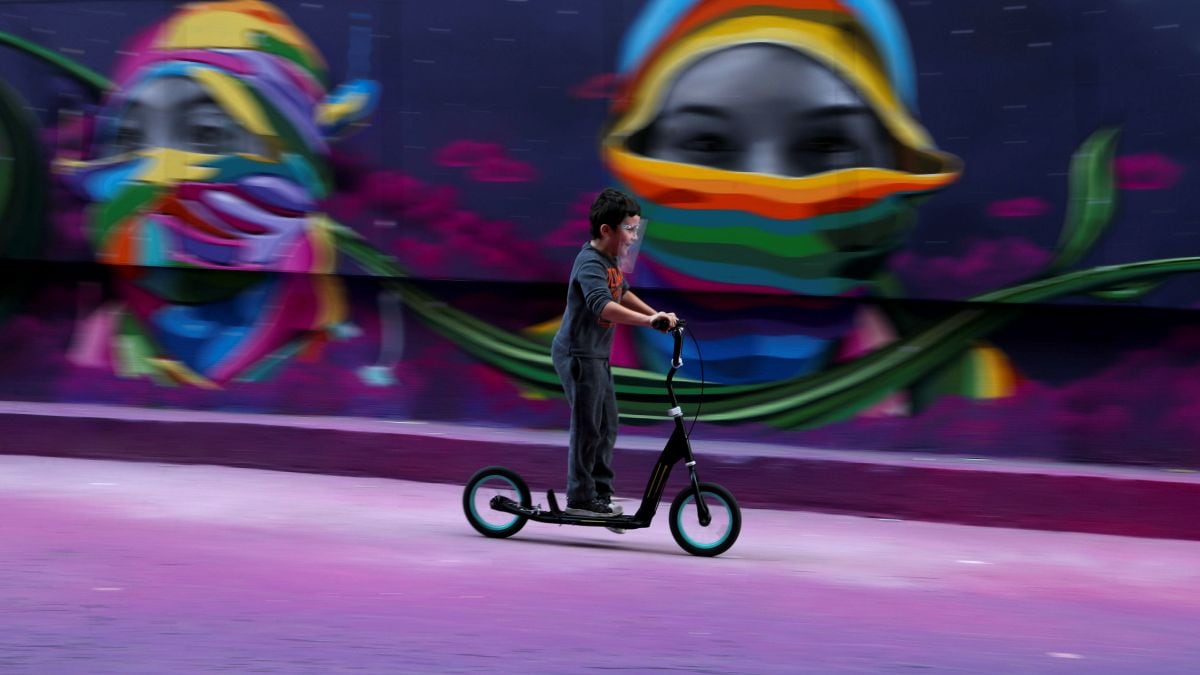




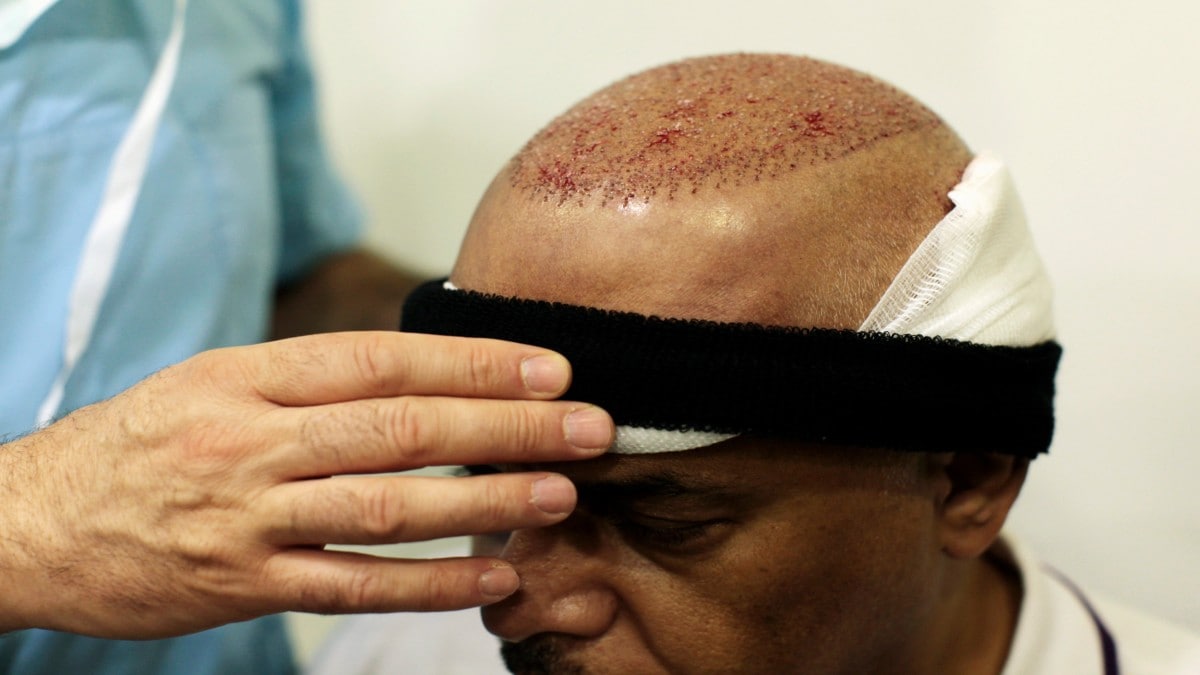

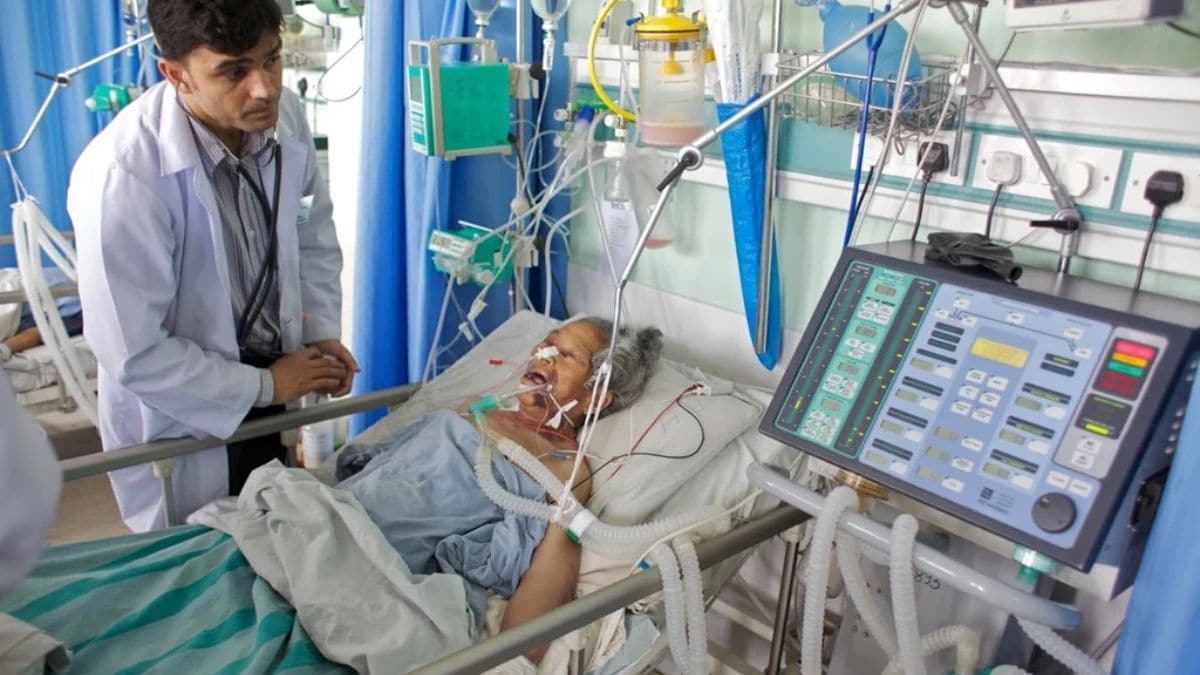

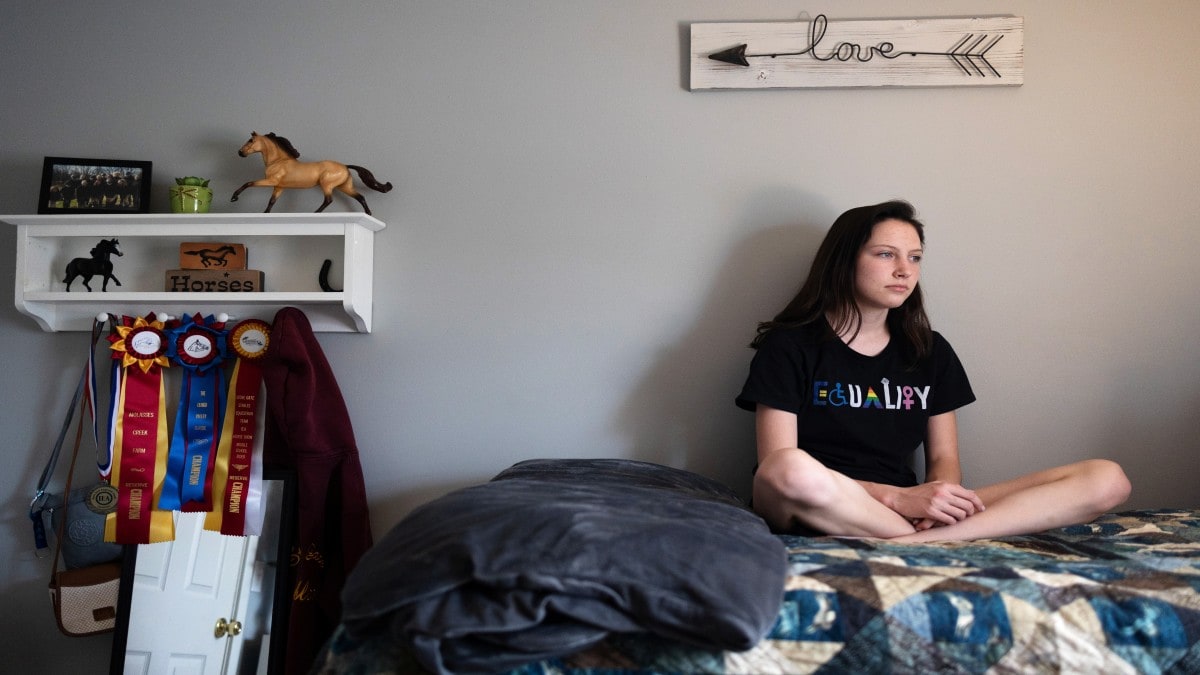

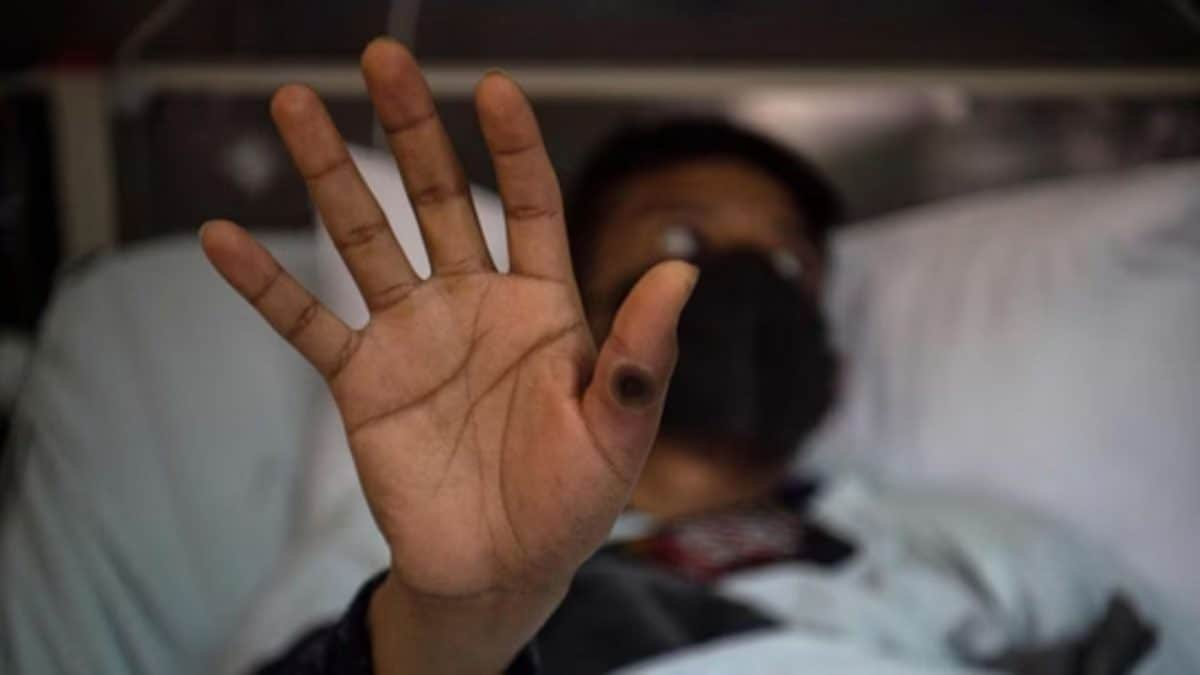

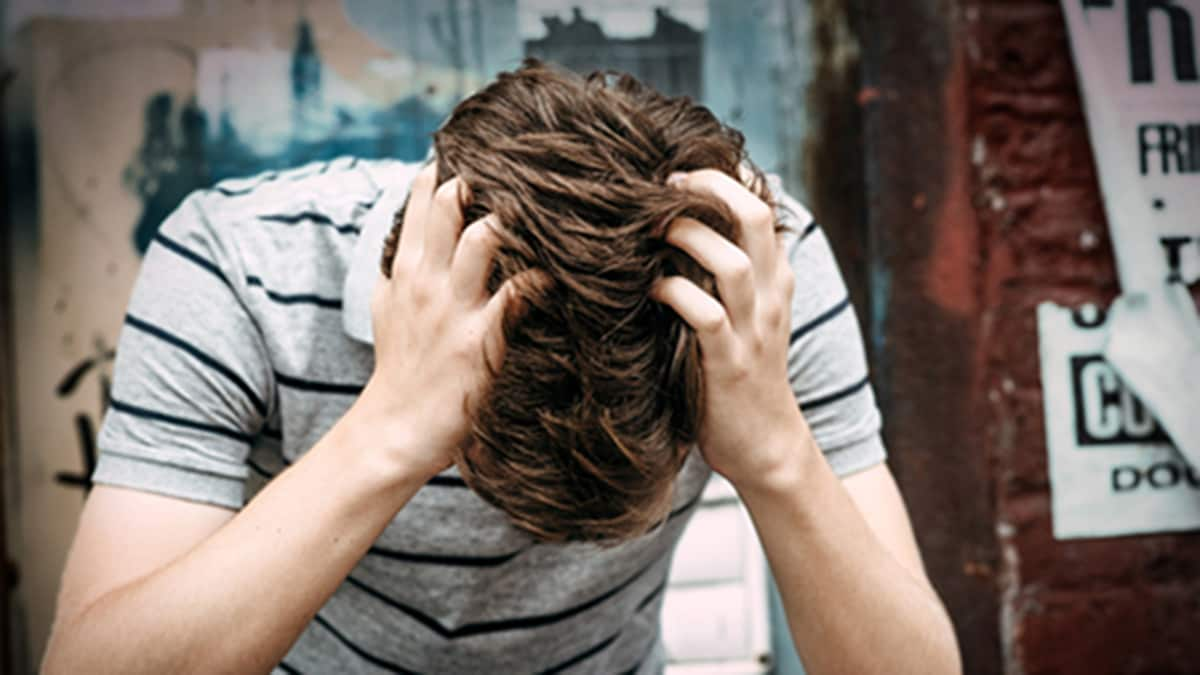
)
)
)
)
)
)
)
 English (US) ·
English (US) ·